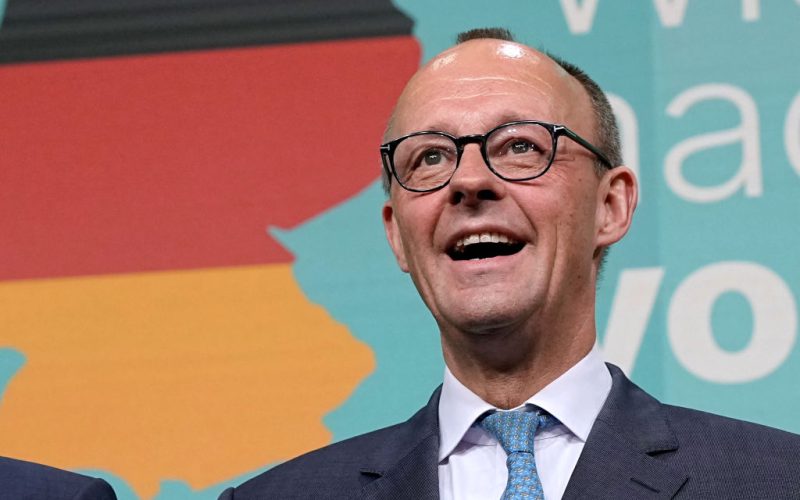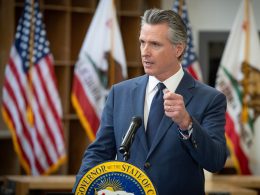Friedrich Merz, leader of the Christian Democratic Union (CDU) and Germany’s chancellor-in-waiting, has reached an agreement on the proposed €500 billion ($546 billion) infrastructure fund by committing €100 billion ($109 billion) to climate action. The deal aims to secure the support of the Green Party, whose votes are essential for the constitutional changes required to implement the fund.
According to media reports, Merz agreed to transfer one-fifth of the sum to Germany’s Climate and Transformation Fund (KTF), which finances climate policy and energy transition projects. The compromise is expected to pave the way for the infrastructure package to gain the necessary political backing.
Political reactions and climate commitments
The deal has been welcomed by environmental groups and key political figures. Greenpeace Germany described it as a “positive signal” for the country’s climate policy.
“It is a good message for our country that the future government now wants to invest specifically in climate protection,” said Martin Kaiser, Managing Director of Greenpeace Germany. He called for a “bold approach” in the remaining coalition negotiations between the CDU/CSU alliance and the Social Democrats (SPD).
SPD co-leader Lars Klingbeil hailed the agreement as a “powerful boost for Germany”, stating that it had the potential to “move the country forward for years, perhaps even decades.”
Parliamentary hurdles and debt brake challenges
Before the deal, Germany’s outgoing parliament had begun debating the special infrastructure fund, which aims to address the country’s urgent financing needs.
The incoming government has also proposed lifting Germany’s constitutional debt brake, which limits public borrowing. Changing these fiscal rules requires a two-thirds majority in parliament, a target that may prove difficult to reach. The CDU/CSU and SPD need support from either the Left Party or the far-right Alternative for Germany (AfD), both of which hold a blocking minority and have opposed elements of the proposal.
The newly elected parliament, which was formed following the 23 February elections, is set to hold its first session on 25 March. The CDU/CSU and SPD aim to finalise the infrastructure deal by 18 March, before the outgoing parliament dissolves.
The role of the Green Party and the Bundesrat
The Greens previously criticised the lack of climate commitments in the original infrastructure proposal, warning that the funds could be used to fulfil election promises rather than making long-term strategic investments in energy transition and sustainability.
For the proposal to move forward, it must also secure approval from Germany’s council of federal states, the Bundesrat, where the Greens hold significant influence.
Resistance also remains within the CDU/CSU alliance, which campaigned on a strict fiscal policy and pledged to respect the debt brake. However, Merz has argued that shifting global political dynamics, including the new U.S. administration under Donald Trump, necessitate a fundamental change in Germany’s economic strategy.
The coming weeks will determine whether the infrastructure fund – and its climate component – can survive political scrutiny and secure final approval.


















